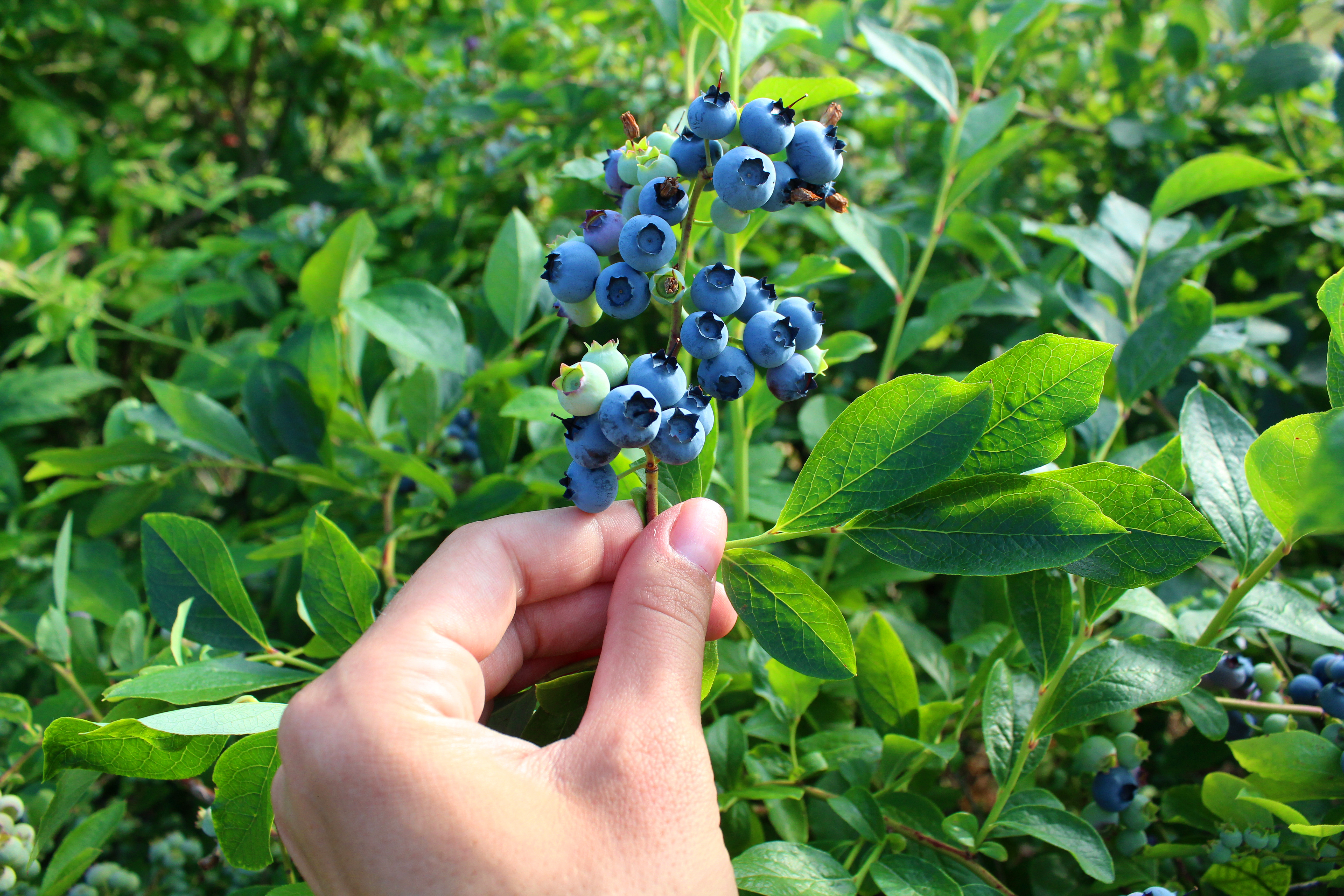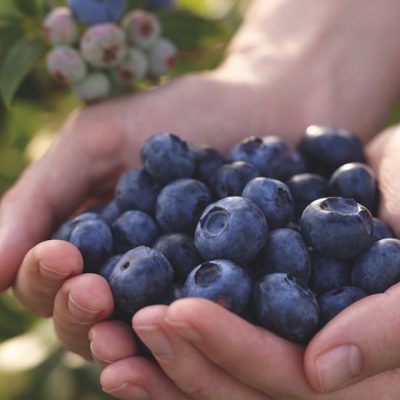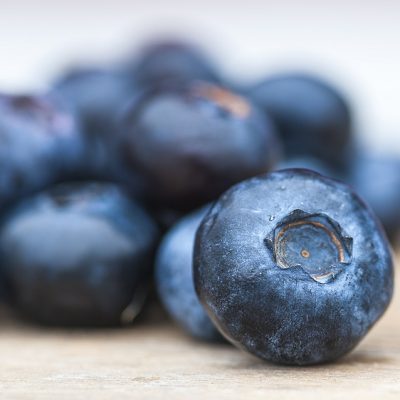“Still so much to do” beyond reconciliation, NABC says on Farm Bill
- . June 2025
Earlier this month, the Senate Committee on Agriculture, Nutrition, and Forestry released a budget reconciliation bill that reined in SNAP spending and made key investments in rural America and agriculture.
When the reconciliation bill was released, it received a flood of mixed responses from industry organizations. The North American Blueberry Council, a representative of the North American high-bush blueberry industry, responded by praising the increase in funding of key programs that support specialty crops.
Some of these include the Tree Assistance Program, crop insurance, the Specialty Crop Research Initiative, the Specialty Crop Block Grant Program, and trade promotion funding.
However, the council also highlighted that the bill can only reach so far.
Kasey Cronquist, the North American Blueberry Council (NABC) President, said the “investments are essential to maintaining the long-term viability and global competitiveness of American-grown blueberries. However, budget reconciliation rules prevent this bill from addressing many of the policy updates needed for the specialty crop industry.”
“A complete farm bill is necessary to enact needed policy reforms without which American family farms will remain at a disadvantage compared to foreign competitors operating with significantly lower production costs,” he explained.
Director of Government Affairs for the North American Blueberry Council, Alyssa Houtby, told FreshFruitPortal.com why, although the reconciliation is beneficial to the specialty crop industry, the step forward is one limited to fiscal impact only.
“This legislation is moving through what’s called reconciliation, and there are strict rules, particularly on the Senate side, regarding what can and cannot be included in a reconciliation package,” Houtby explained. “Any policy included in the reconciliation bill must have a fiscal impact. So while the reconciliation text does take care of a lot of things that the blueberry industry needs, it can’t address specific policy changes we would like to see made.”
“We’re very grateful to Senator Boozman and the Senate AG Committee, as well as Chairman Thompson and the House AG Committee for including so much of the crop industry farm bill priorities in the reconciliation bill,” she explained. “But, because reconciliation is limited on what can be done, we still very much need a farm bill when all of this is said and done.”
She cited the Tree Assistance Program as an example. “The fiscal impact policies are included, but there are other language policies that we need changed that could not be done in reconciliation.”
“We’re not replanting every year like a row crop is replanting every year,” Houtby said. “You make a huge initial investment in planting a field with the expectations that it’s going to produce a crop for you for at least 20 years.”
The section-by-section document says it is expanding the program’s access by allowing for losses to trigger in excess of normal mortality rates and increasing the rehabilitation reimbursement rate from 50% to 65% of the cost of pruning, removal, and other costs incurred by an eligible orchardist or nursery tree grower.
Houtby said the organization has been advocating for research funding for mechanization and automation, a topic that was partly addressed through reconciliation, but requires additional action in the farm bill.
“The reconciliation text does add more funding for research, but it does not specifically provide funding for mechanization and automation research. That level of specificity would have to be done through the farm bill, as it was in the farm bill passed by the House Ag Committee last spring and the draft farm bill that Senator Stabenow introduced at the end of last year,” she explained, “But the farm bill never got done.”
Houtby added that the organization would also like to see new, dedicated funding for mechanization and automation research, since many growers are turning toward mechanized harvesting to reduce reliance on manual labor due to increasing costs.
“We do have that capability now, but there’s a lot more refinement in the technology that needs to happen in order for those technologies to hit the mainstream and be able to be used for harvesting fresh blueberries, for example,” she said. “We can do that, but technology still needs to be improved a bit.”
A lot of what the council has been advocating for for the last few years for the farm bill are included in this reconciliation bill.
“In addition to crop insurance, there is additional funding for the specialty crop block grant program, there’s more funding for the specialty crop research initiative and there’s more funding for the plant pest and disease management program,” Houtby said. “All of those are very important and were part of our overall recommendation for the Farm Bill.”
“We’re very thankful and while reconciliation is very partisan, the support for specialty crops is not, is very bipartisan.”
Conversations are still ongoing and the job is not yet done.
“The Senate will need to vote, the House needs to concur, so there is still work to be done to ensure that what is included in this text makes it into the final bill,” Houtby emphasized. “Beyond that, we’re continuing to work with both the Chairman and ranking members on the farm bill because there’s still so much that we need to do that’s not in reconciliation.
25.06.2025
Source: Freshfruitportal.com







